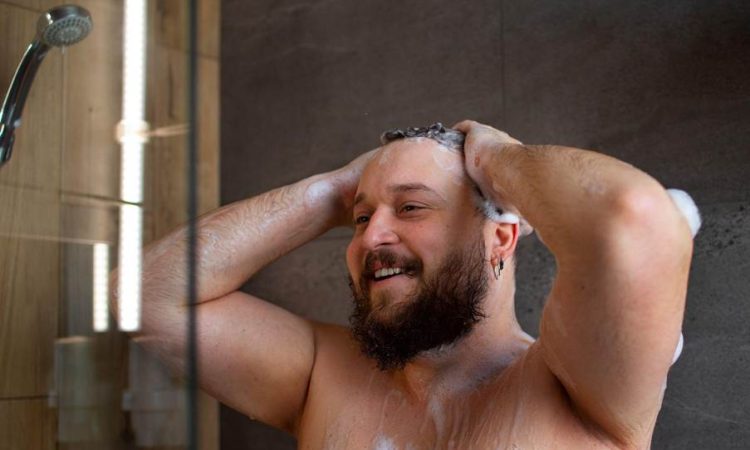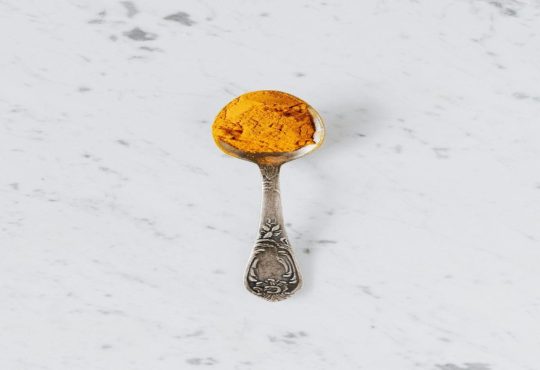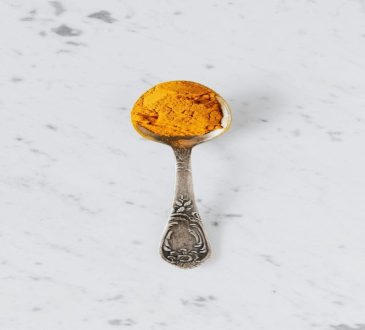A Beginner’s Guide to Herbal Treatment for Hair Loss

Hair loss is a common concern that affects both men and women, often leading to self-consciousness and frustration. While medical treatments and hair transplants are options, more people are exploring herbal treatment for hair loss as a natural and sustainable alternative. This approach focuses on improving scalp health, encouraging hair growth, and preventing further shedding without relying on harsh chemicals. For individuals looking for an effective bald scalp treatment, knowing how herbal methods work can be the first step towards managing hair thinning more confidently.
Preparing the Scalp for Herbal Treatment Success
Before starting any herbal treatment for hair loss, it is important to ensure that the scalp is in the best possible condition. A clean, balanced scalp allows nutrients from herbal ingredients to be absorbed more effectively, which supports stronger and healthier hair growth. This can be achieved through regular cleansing to remove product build-up, gentle exfoliation to clear dead skin cells, and proper hydration to maintain scalp moisture.
Consistent scalp care also helps improve circulation, which is key in stimulating hair follicles. When blood flow to the scalp is healthy, nutrients are delivered more efficiently to each strand’s root. This maximises the benefits of herbal therapy and supports better results over time, particularly for individuals considering bald scalp treatment. By preparing the scalp properly, you set the stage for more effective and lasting outcomes.
How Herbal Treatment for Hair Loss Works
Herbal treatment typically involves applying natural ingredients directly to the scalp or using products infused with plant-based extracts. Common ingredients such as ginseng, rosemary, aloe vera, and green tea are known to strengthen hair roots, stimulate follicles, and reduce inflammation. Regular application helps improve blood flow to the scalp, ensuring that hair follicles receive sufficient nutrients to support growth.
Unlike chemical-based treatments, herbal solutions are generally gentler on the scalp. They help maintain the natural oil balance, reducing the risk of irritation or further hair weakening. Many people also find that incorporating herbal treatments into their routine improves overall scalp health, which is essential for long-term results.
Popular Herbal Ingredients Used in Bald Scalp Treatment
Ginseng – Known for stimulating hair follicles and improving scalp circulation.
Aloe Vera – Helps soothe the scalp, reduce dandruff, and support healthy regrowth.
Rosemary – Commonly used to promote thicker strands and reduce shedding.
Green Tea Extract – Contains antioxidants that protect follicles from damage.
Henna and Amla – Traditional ingredients that nourish the scalp and strengthen hair shafts.
These ingredients can be found in a specialised bald scalp treatment offered by hair care centres or formulated into home-based remedies. For example, some salons such as Bee Choo Origin offer herbal therapy treatments designed to target hair thinning and rejuvenate the scalp naturally.
Benefits of Choosing Herbal Treatment for Hair Loss
One of the main advantages of using herbal remedies is their minimal reliance on synthetic chemicals. This makes them suitable for people with sensitive scalps or those who prefer a more natural hair care routine. Regular use can help reduce hair breakage, improve volume, and strengthen follicles.
Another benefit is their compatibility with other forms of bald scalp treatment. Herbal care can be used as a complementary approach to medical or cosmetic options, helping maintain scalp health and support long-term hair goals. For individuals experiencing mild to moderate thinning, consistent use may lead to visible improvements over time.
Establishing a Consistent Hair Care Routine
Herbal treatments require consistency to show results. Unlike instant solutions, they work gradually to nourish the scalp and restore hair strength. A simple routine may involve massaging the scalp with herbal oils, applying treatment masks, and using mild shampoos that support healthy hair growth. Over time, these steps can help create a stronger foundation for new growth.
It is also important to maintain a healthy lifestyle alongside any treatment. A balanced diet, proper hydration, and stress management all play a role in scalp and hair health. Combining these efforts can improve the effectiveness of herbal treatments and support long-lasting results.
Conclusion
Herbal treatment for hair loss provides a natural and gentle approach to strengthening hair and promoting regrowth. By focusing on nourishing the scalp and improving follicle health, it can be a practical option for individuals exploring non-invasive bald scalp treatment methods. Consistency, patience, and proper scalp care are key to seeing meaningful results over time.
Take the first step towards healthier hair with expert herbal therapy. Contact Bee Choo Origin today to start your treatment journey.








